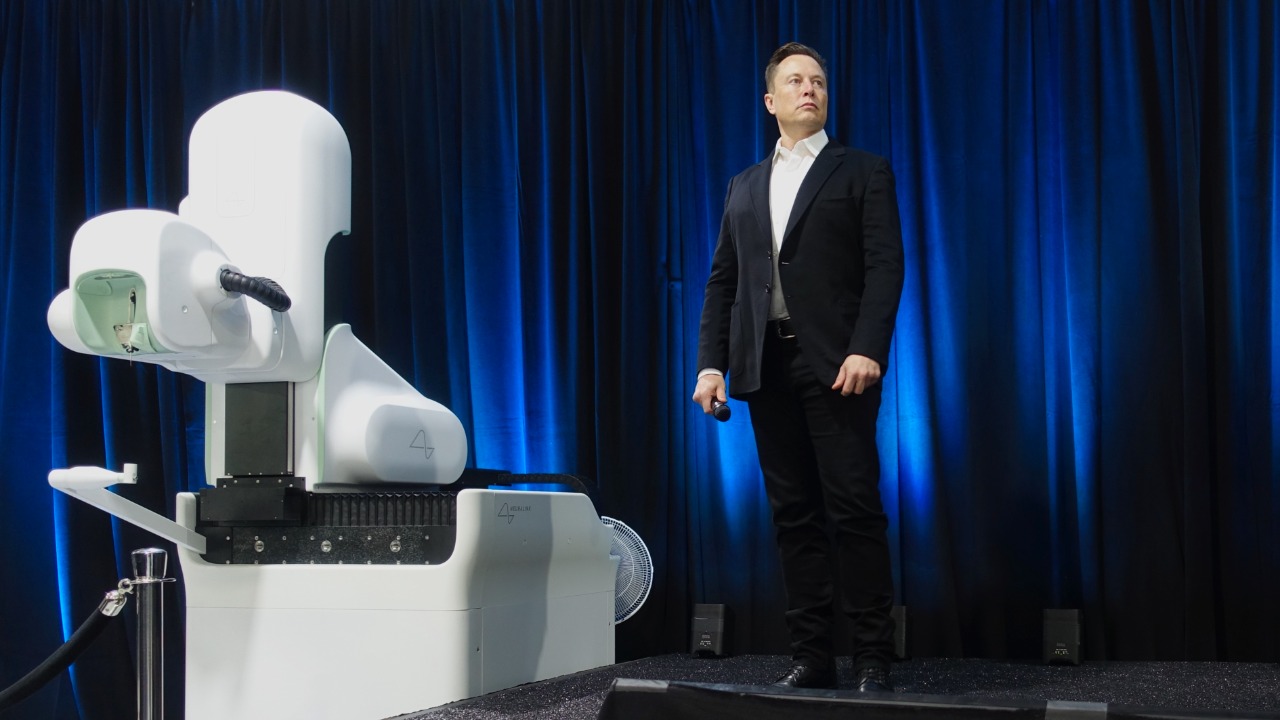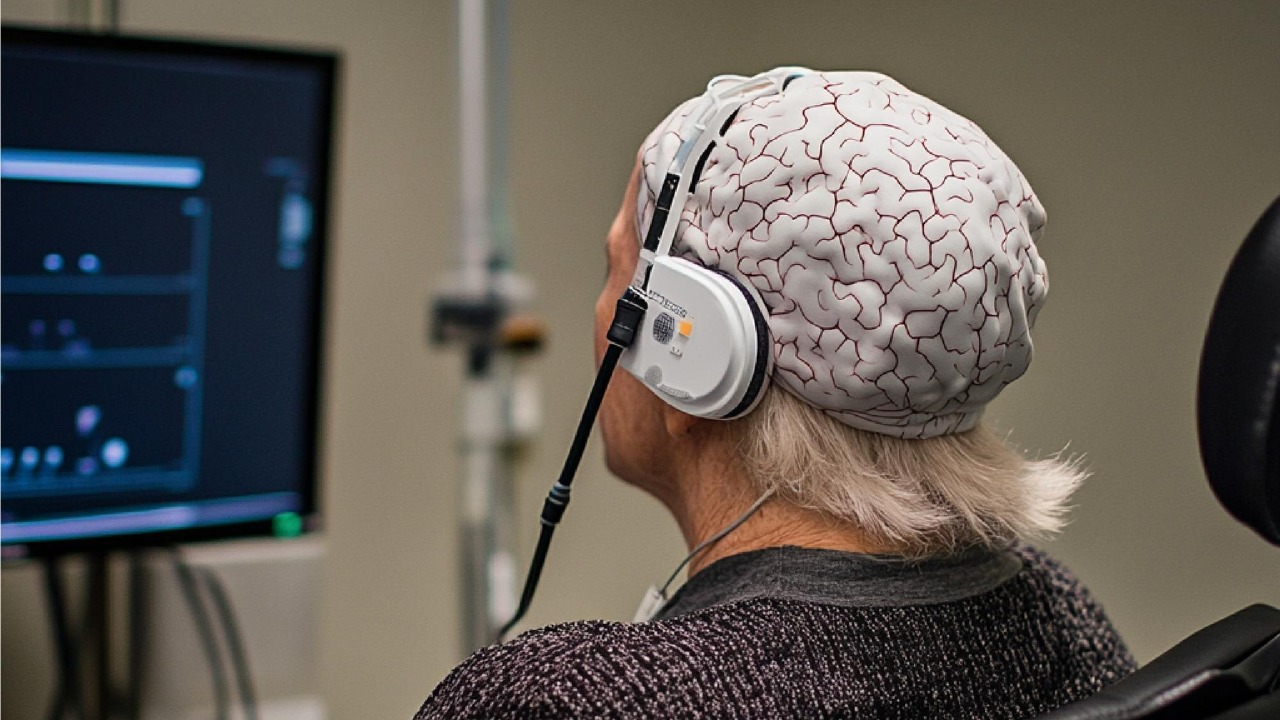China is making significant strides in the field of brain-computer interface (BCI) technology, with its first industry hub being established in Shanghai. The nation’s ambition is to have its BCI firms compete with leading tech companies, such as Elon Musk’s Neuralink.
China’s pursuit of BCI technology is part of a larger trend of the nation’s investment in cutting-edge technologies. The country has been making significant investments in areas such as artificial intelligence, quantum computing, and biotechnology. The establishment of the BCI industry hub in Shanghai is another example of China’s commitment to technological innovation. The nation’s focus on BCI technology is not only about economic growth but also about enhancing the quality of life for its citizens and making significant contributions to global technological advancements.
Establishment of China’s First BCI Industry Hub

The construction of China’s first BCI industry hub in Shanghai marks a significant milestone in the country’s technological advancement. This development is a clear indication of China’s commitment to becoming a global leader in the BCI industry, a field that promises to revolutionize the way humans interact with machines. Shanghai’s BCI hub is expected to foster innovation and facilitate the growth of domestic BCI firms.
China’s investment in this industry hub is a strategic move that aligns with its broader goals in the BCI industry. The nation is not just looking to participate in the BCI industry; it’s aiming to lead. The establishment of this hub is a significant step towards achieving this goal, providing a platform for Chinese BCI companies to develop and refine their technologies. China’s commitment to the BCI industry is a testament to the country’s foresight in recognizing the potential of this emerging field.
The BCI industry hub in Shanghai is expected to be a breeding ground for innovation and technological breakthroughs. The hub will provide a conducive environment for BCI firms to collaborate, share ideas, and push the boundaries of what is possible in the field of BCI technology. The hub will also play a crucial role in attracting top talent from around the world, further strengthening China’s position in the global BCI industry. The establishment of the hub is a clear demonstration of China’s strategic approach to fostering innovation and technological advancement.
Competition with International BCI Firms

China’s ambition doesn’t stop at domestic development; the country is setting its sights on competing with international BCI firms. Specifically, China aims for its BCI companies to rival Elon Musk’s Neuralink, a leading player in the BCI industry. China’s aspiration to compete with Neuralink underscores the country’s determination to make its mark on the global BCI stage.
The competition with international BCI firms presents both challenges and opportunities. On one hand, Chinese BCI firms will need to navigate the complexities of international regulations and standards, as well as compete with established players with significant resources. On the other hand, this competition could drive innovation and accelerate the development of BCI technology, benefiting not just China but the global community as a whole.
China’s aspiration to compete with international BCI firms such as Neuralink is a testament to the country’s confidence in its technological capabilities. While the competition is fierce, China’s commitment to innovation and its strategic investments in the BCI industry could give its domestic firms a competitive edge. The country’s vast market and its focus on developing homegrown technologies could also provide a significant advantage for Chinese BCI firms in the global arena. This competition is not just about market share, but also about shaping the future of human-machine integration.
The Future of Human-Machine Integration in China

China’s investment in the BCI industry is more than just a strategic move; it’s a glimpse into the future of human-machine integration. By tapping into the BCI industry, China is positioning itself at the forefront of a technological revolution that could redefine how humans interact with machines. China’s focus on the BCI industry is a clear indication of the country’s vision for a future where humans and machines are seamlessly integrated.
The potential applications of BCI technology are vast and could have profound implications for everyday life in China. From healthcare to education, entertainment to transportation, BCI technology could transform various aspects of society. As China continues to invest in and develop its BCI industry, the country is not just shaping its own future but potentially the future of human-machine integration worldwide.
China’s focus on the BCI industry is not just about technological advancement, but also about societal transformation. The potential of BCI technology to transform various aspects of society is immense. In healthcare, for instance, BCI technology could enable new forms of treatment for neurological disorders. In education, it could revolutionize the way students learn and interact with information. In transportation, it could lead to the development of more sophisticated autonomous vehicles. As China continues to invest in the BCI industry, it is paving the way for a future where technology is seamlessly integrated into every aspect of life.